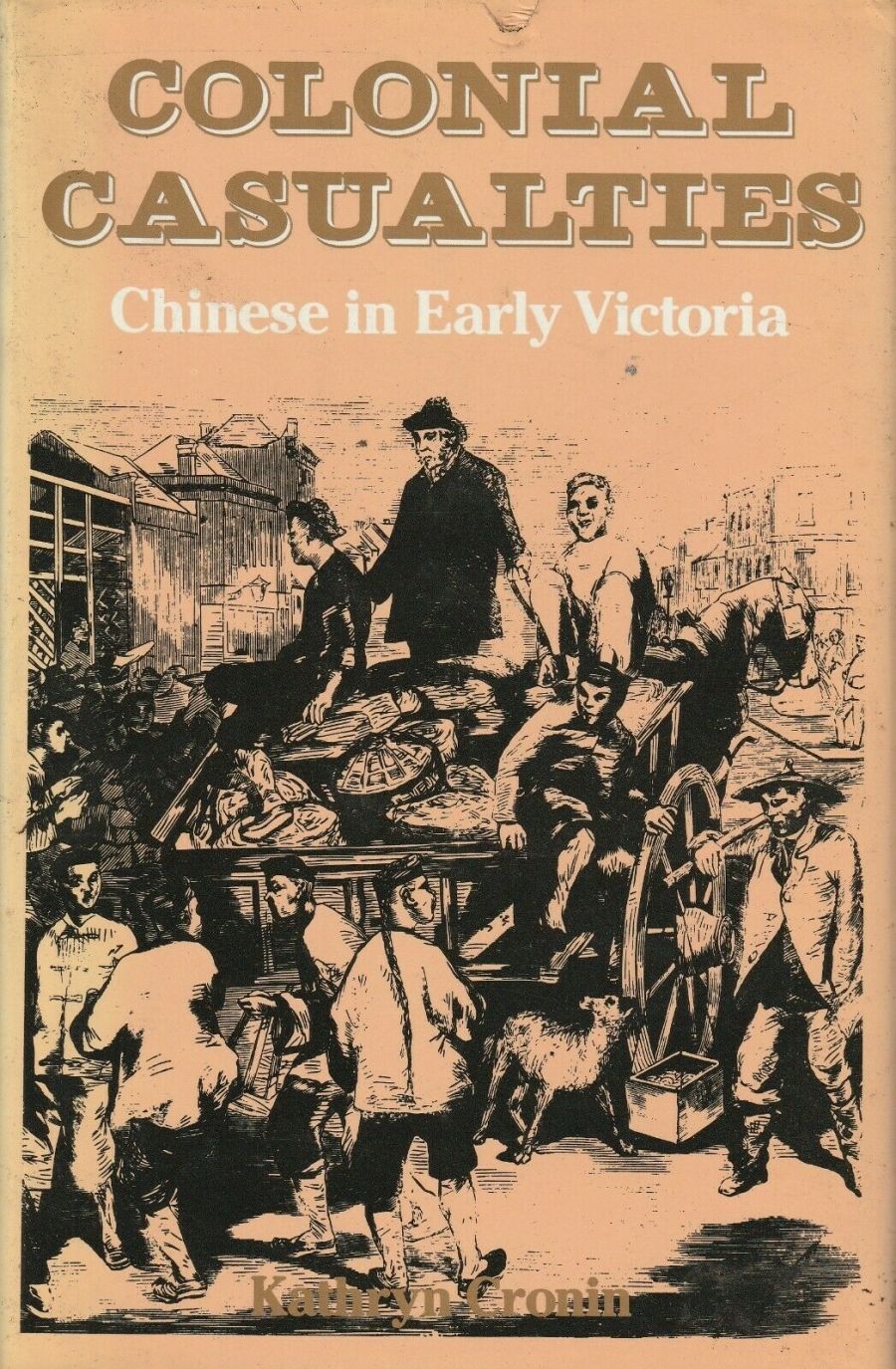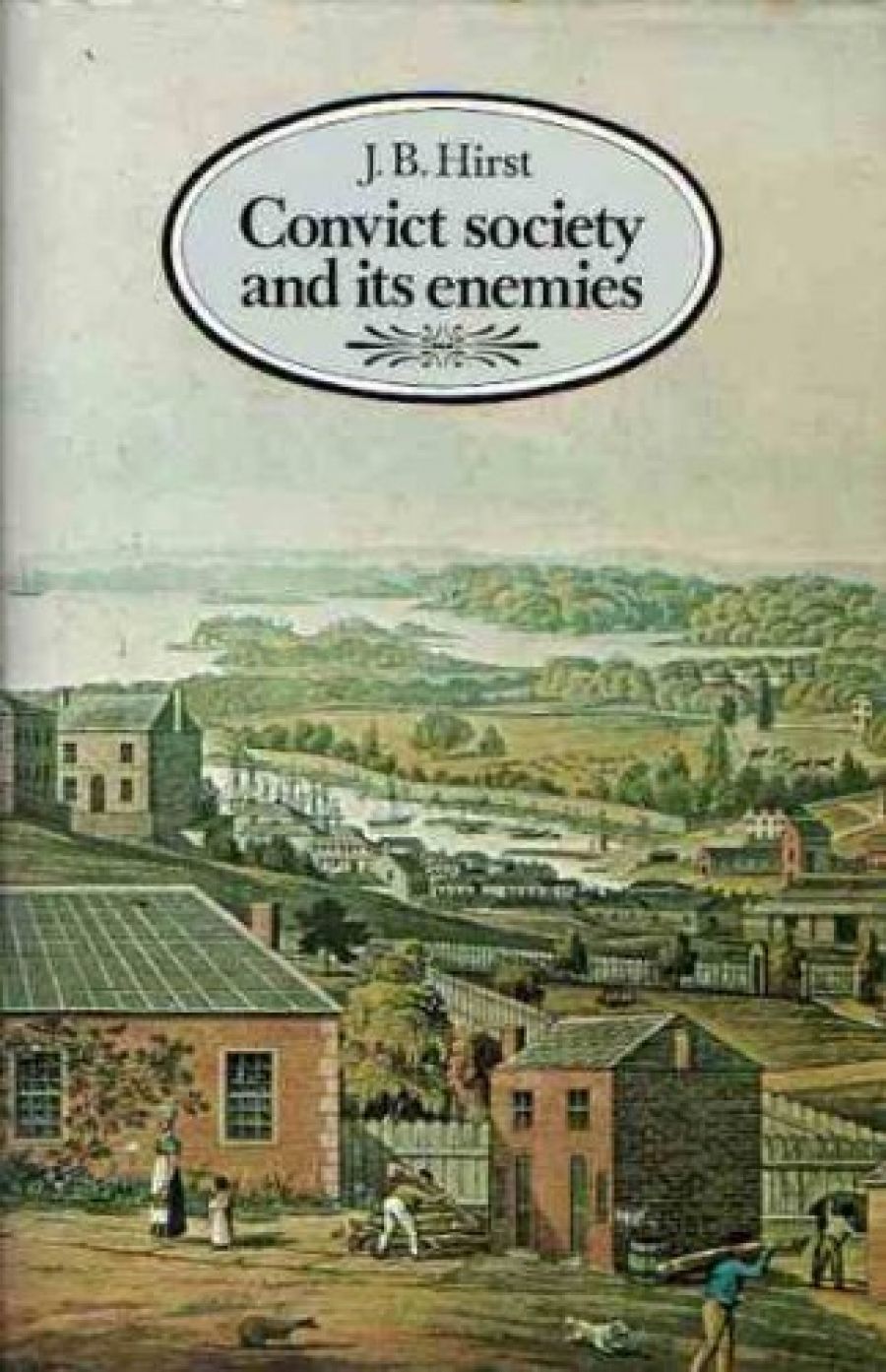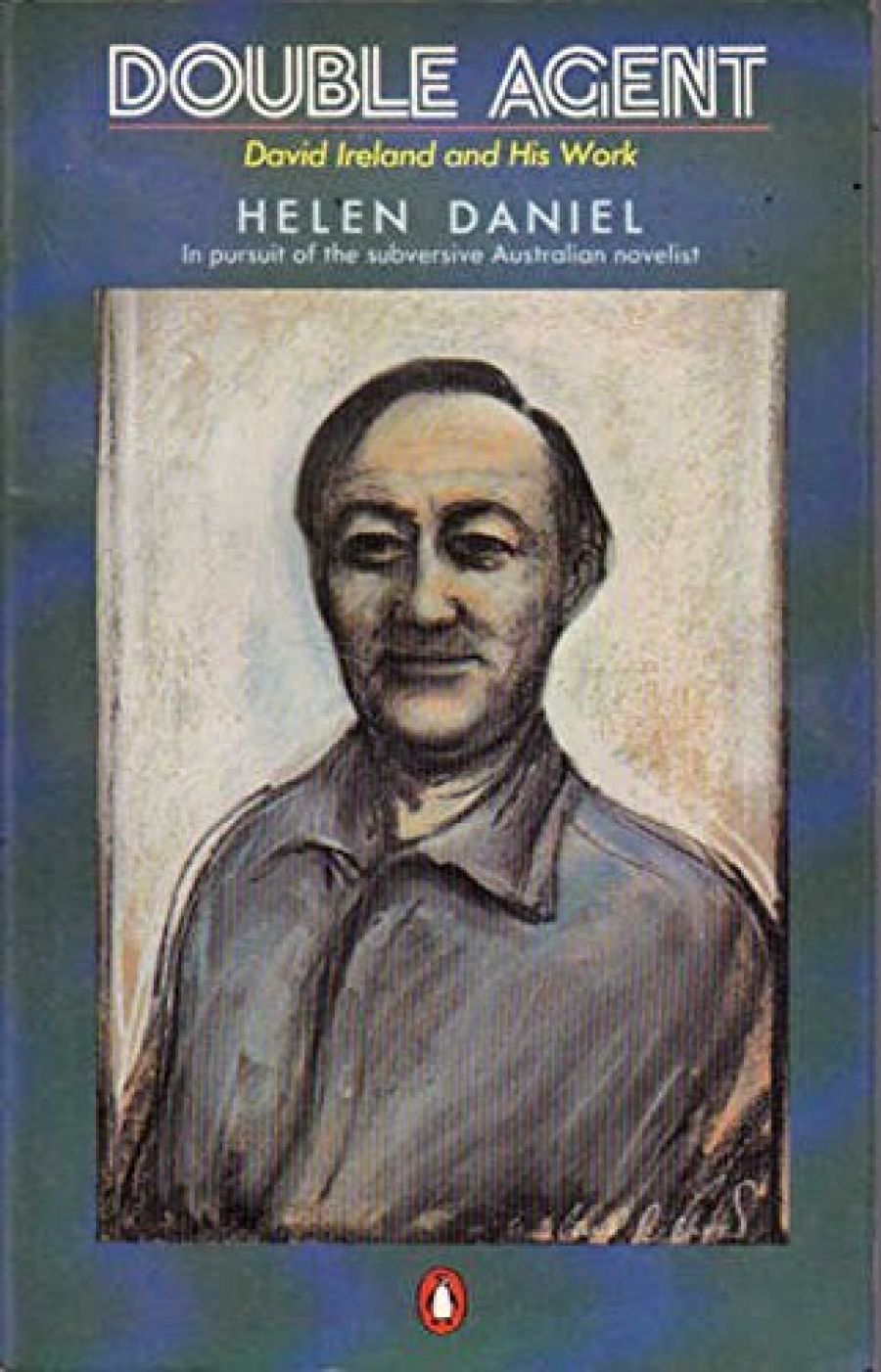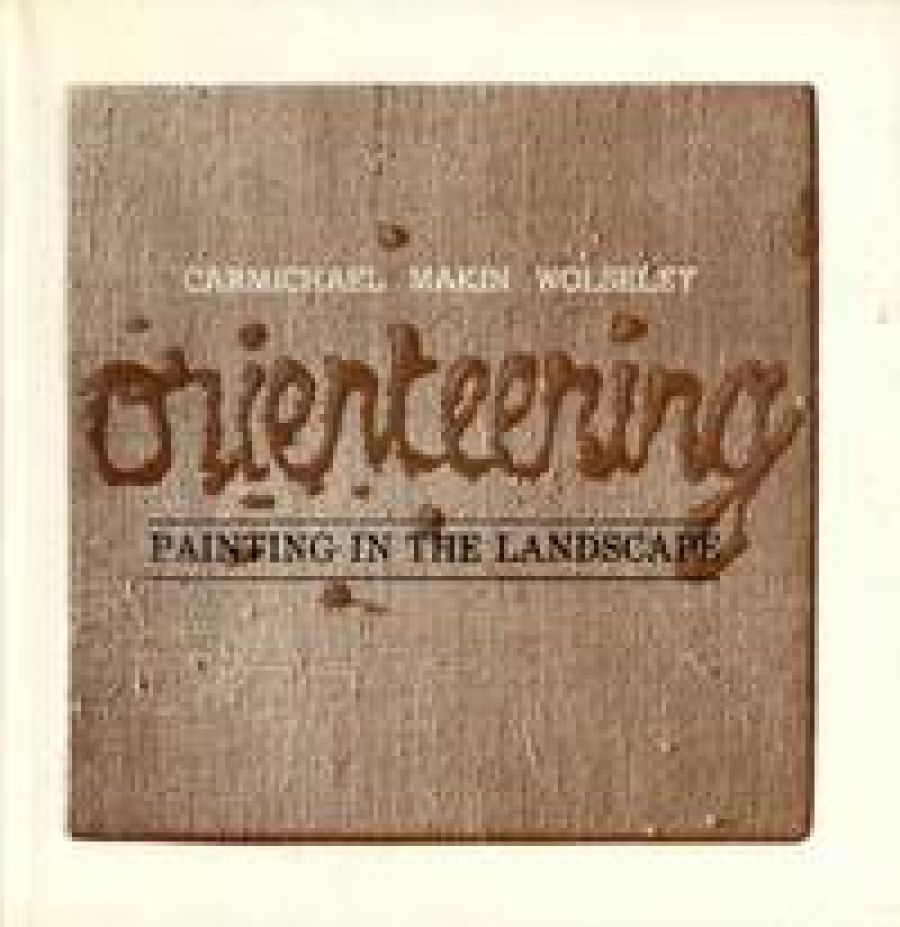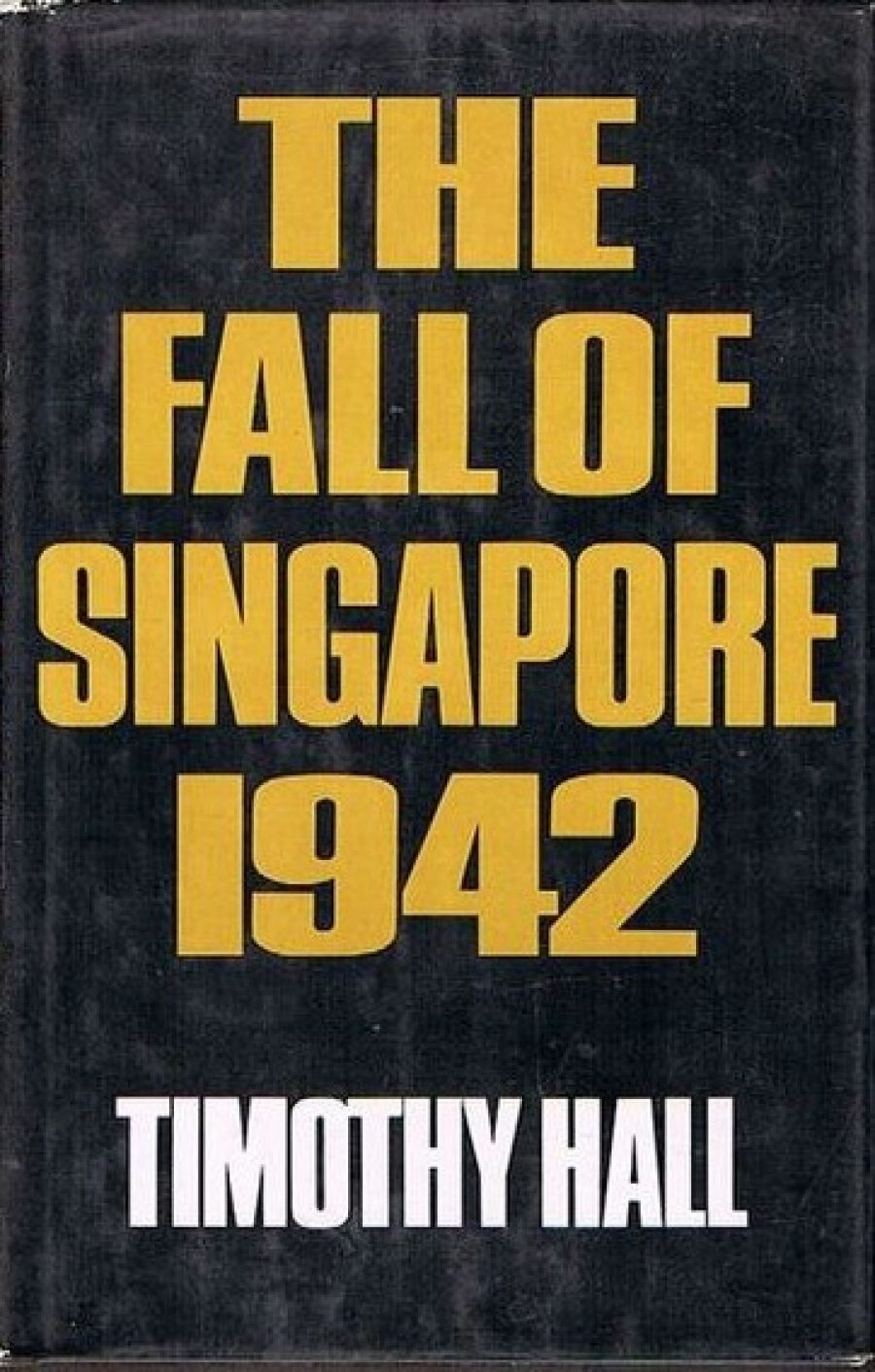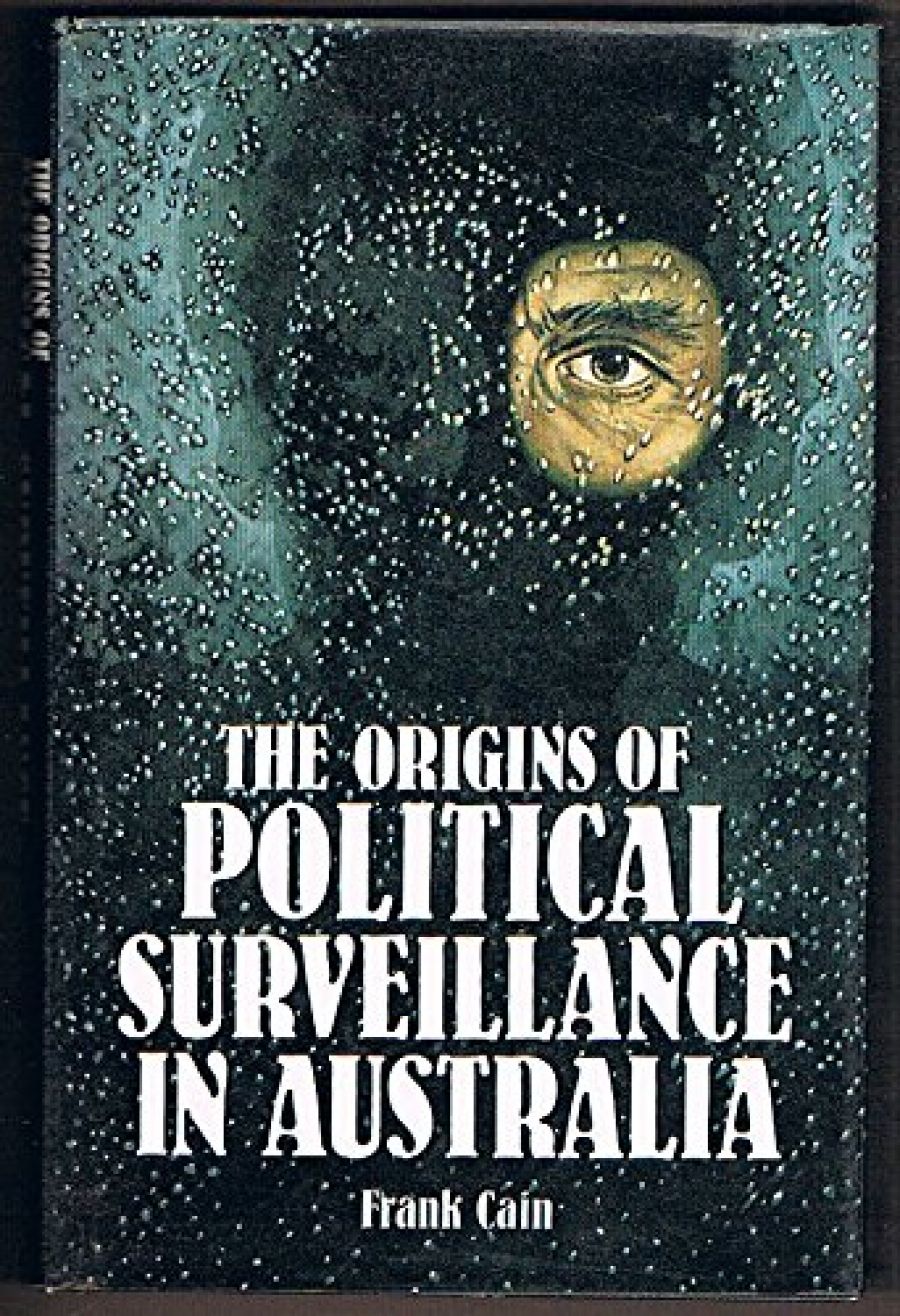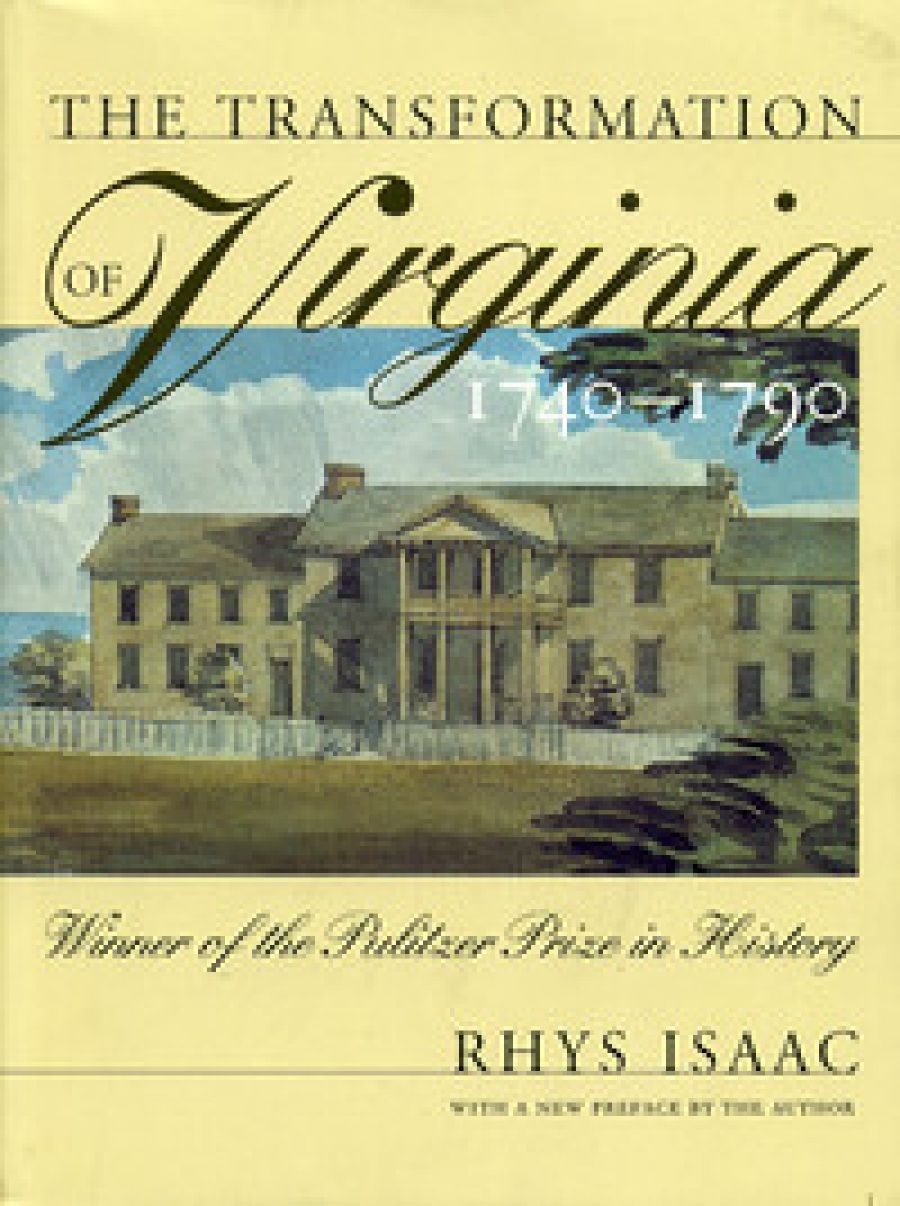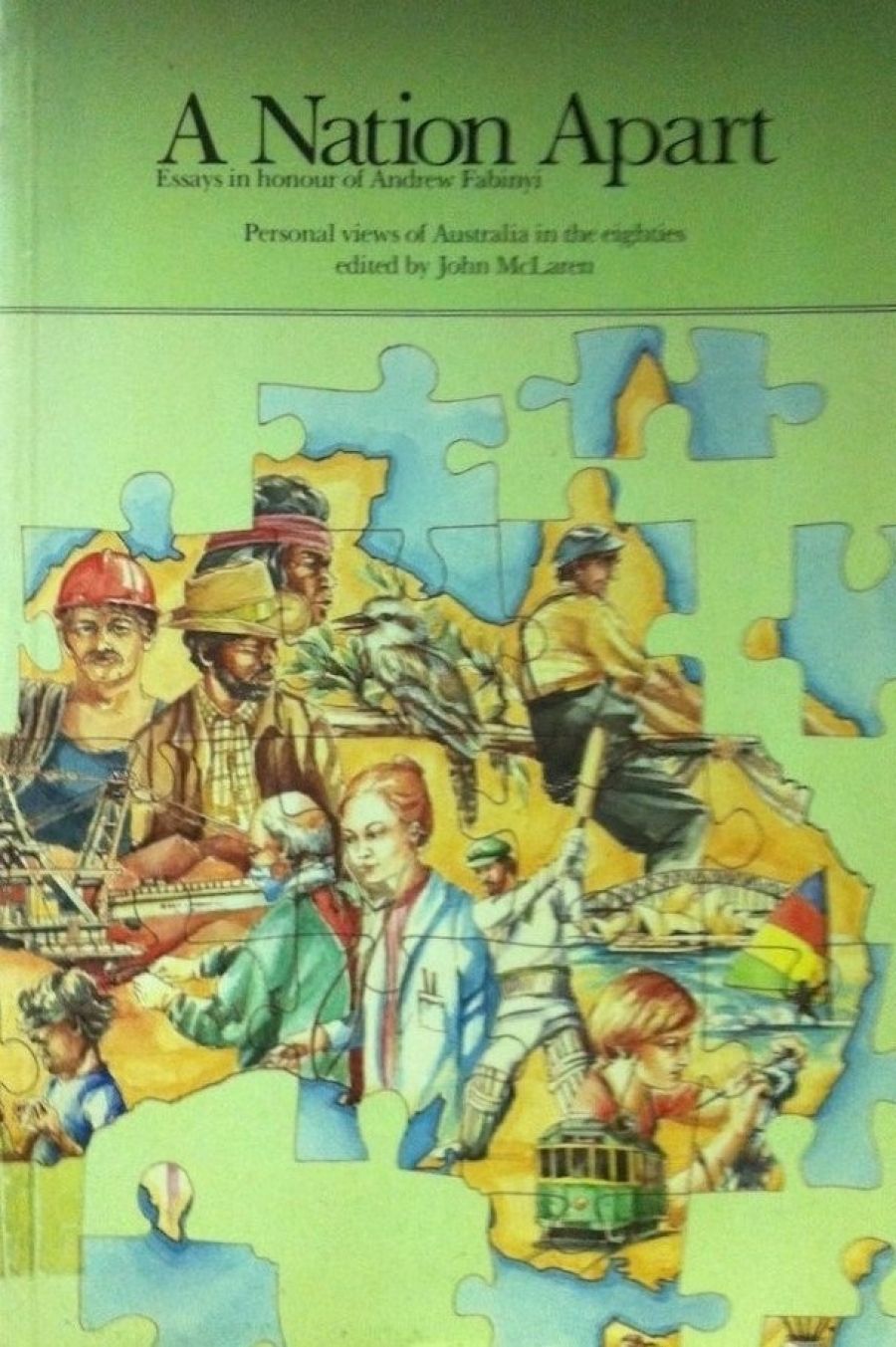
- Free Article: No
- Contents Category: Essay Collection
- Review Article: Yes
- Article Title: Dystopia Now
- Online Only: No
- Custom Highlight Text:
A Nation Apart is the title of this book of essays on contemporary Australia and it’s a good title because it summarises the fragmentation, the sense of disparateness, which characterizes this nation at the moment – and characterises the book itself.
- Book 1 Title: A Nation Apart
- Book 1 Biblio: Longman Cheshire, $12.95 pb, 267 pp
A Nation Apart is the title of this book of essays on contemporary Australia and it’s a good title because it summarises the fragmentation, the sense of disparateness, which characterizes this nation at the moment – and characterises the book itself.
‘We remain unknown … even to ourselves’, says the editor, John McLaren, in an introduction which sets the tone for the book. It is instructive to compare this collection with its forerunner, Australian Civilization, edited by Peter Coleman and published just twenty-one years ago at the height of the Menzies era.
Read more: Craig McGregor reviews 'A Nation Apart' edited by John McLaren
Write comment (0 Comments)

